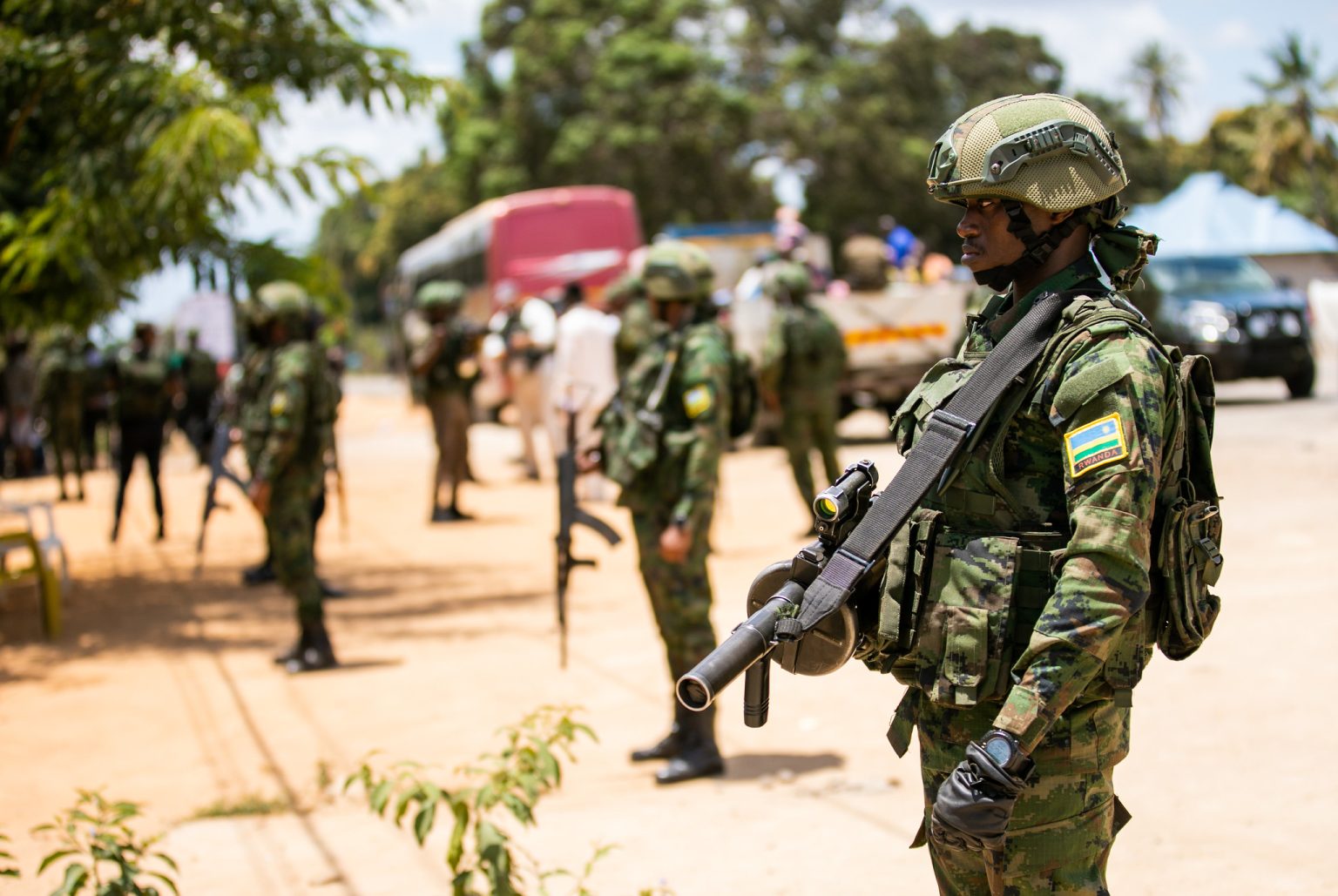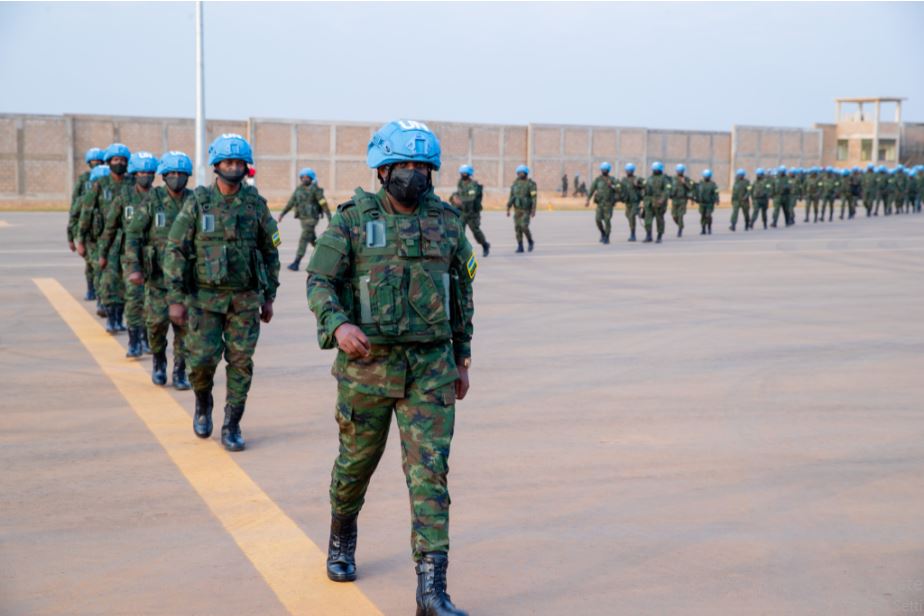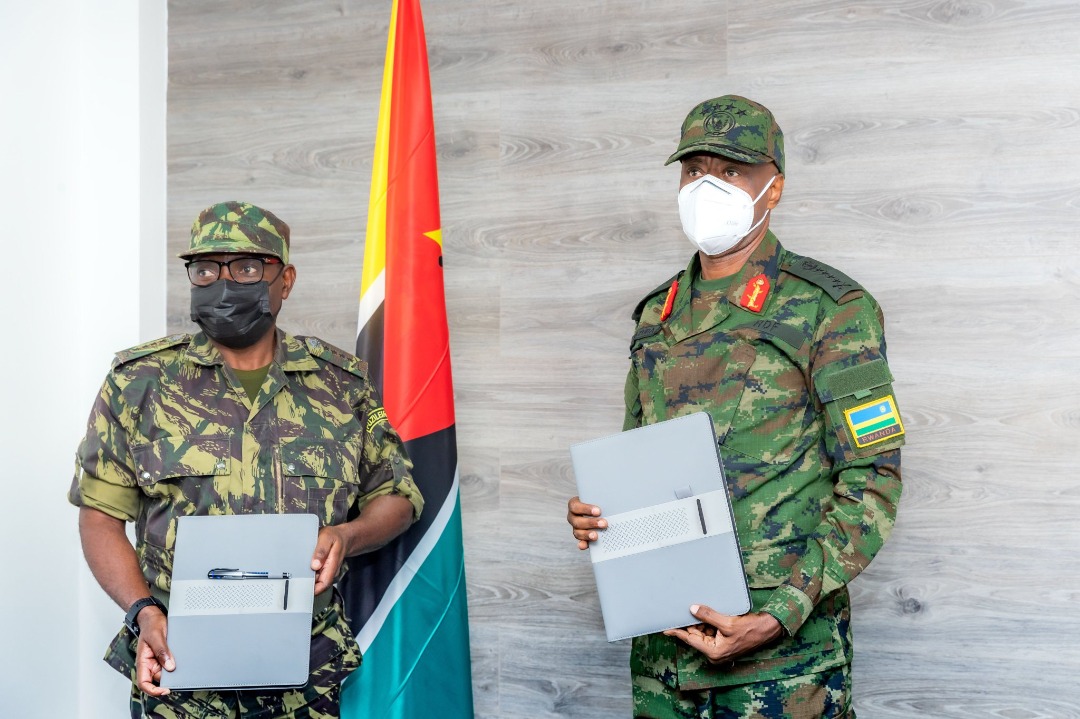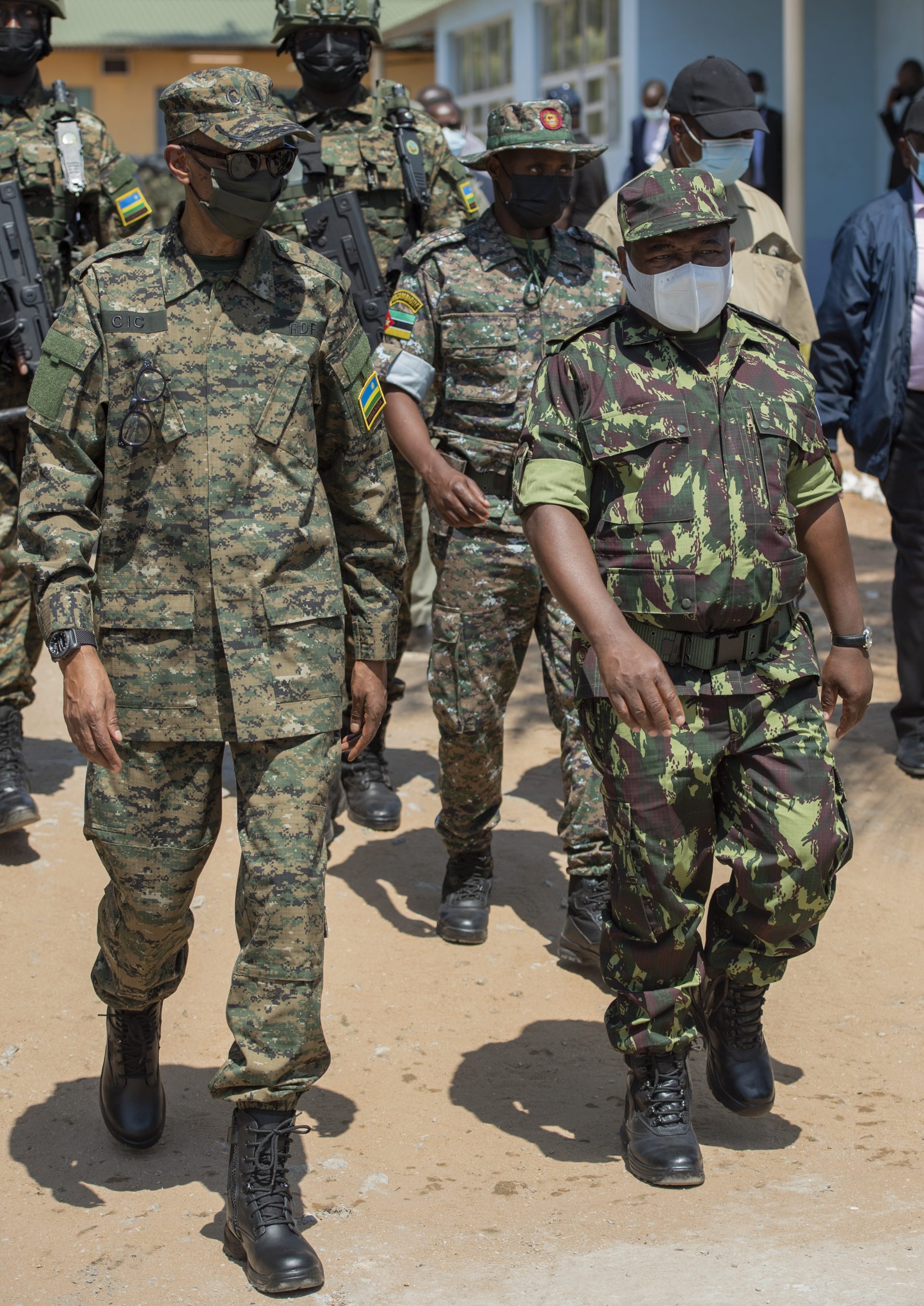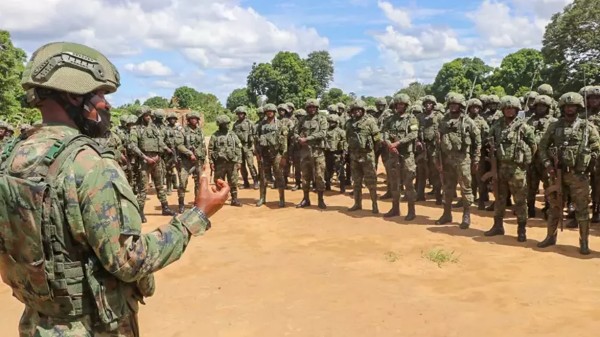Regional
Rwanda liberation: Sustaining peace and security
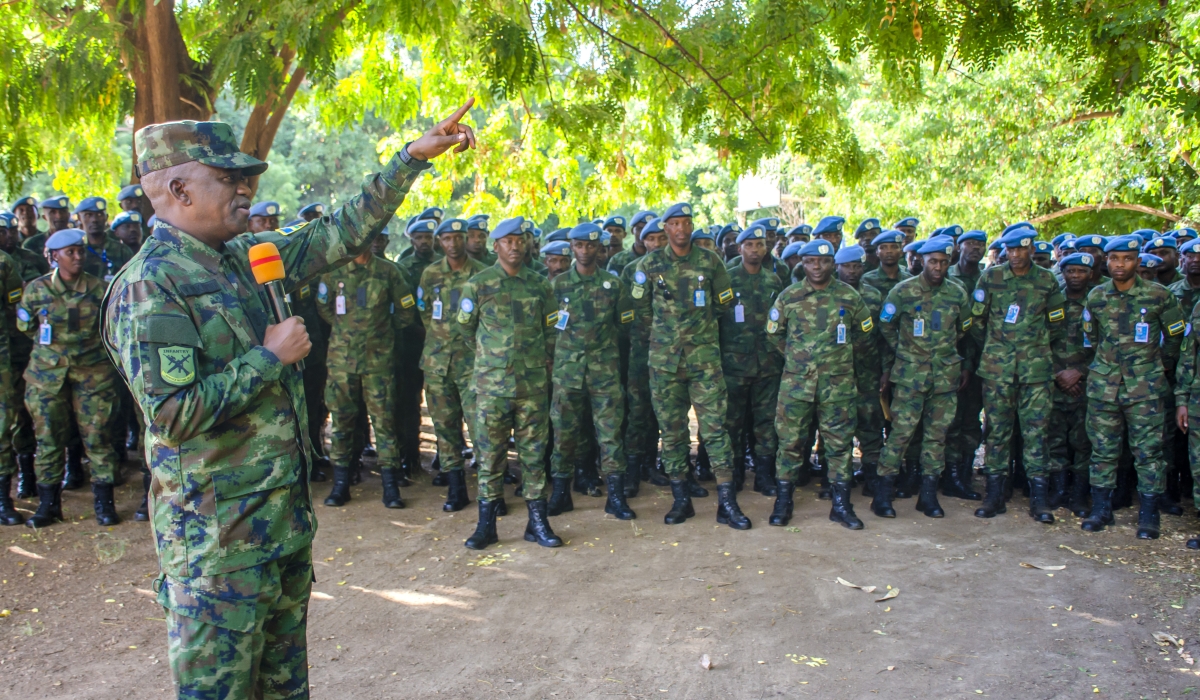
Rwanda Defence Force (RDF) Army Chief of Staff, Maj Gen Vincent Nyakarundi, interacting with Rwandan peacekeepers at the UN Thongping Base Camp in Juba, South Sudan, on April 30, 2024.
Rwanda suffered from bad
governance from 1959 to 1994, when its then so-called leaders focused on the
politics of discrimination and divisionism targeting the Tutsi. The
ethnic-based politics led to the 1994 Genocide against the Tutsi, claiming
lives of more than one million Tutsi within 100 days.
On October 1, 1990,
RPF-Inkotanyi with its armed wing, RPA, launched a historical liberation
struggle that put to an end the tyrannical rule and redefined inclusive
governance that transformed Rwanda.
According to former RPA
soldiers, the main objectives of liberation struggle –from October 1, 1990 to
July 4, 1994– were to save civilians from targeted killings by the
authoritarian regime, stop the Genocide, and rebuild the nation with stronger
institutions.
Three decades later, RPF-led
government has transformed lives of Rwandans in all sectors. Rwanda has a
promising and rapid growing economy with aspirations of becoming an
upper-middle income country by 2035, and a high-income country by 2050.
The lessons learned from the
liberation struggle and transformational journey of Rwanda have been a
foundation for building a professional and strong army among other
institutions.
As the process proved to be
the right path for African solutions in dealing with African problems, other
countries like Mozambique and Central African Republic approached Rwanda, for
security support.
Kigali has peacekeepers in
both countries on bilateral arrangements, and the missions had positive
impacts.
Apart from the bilateral peace
keeping missions, Kigali is the third biggest troop contributor to UN
peacekeeping missions, with 6,000 Rwandan police and military personnel.
In August 2004, exactly 10
years after the 1994 Genocide against the Tutsi, Rwanda deployed its first
contingent of 155 troops to a peacekeeping mission. Under the auspices of the
African Union Mission in Sudan (AMIS), the mission was mandated to curb the
humanitarian catastrophe that was boiling in the western part of Sudan.
The experience of Rwandan
security forces was formidable. The fact that they had encountered numerous
challenges and they were able to persevere gave them the confidence that there
was nothing that could threaten them.
After the 1994 Genocide
against the Tutsi was stopped, Rwanda pledged to act whenever and wherever
lives of the civilians are at risk. This has been the philosophy of Rwandan
security forces wherever they are deployed.
With their country being one of the safest in Africa, Rwandans believe they have to support other Africans to secure their countries.



